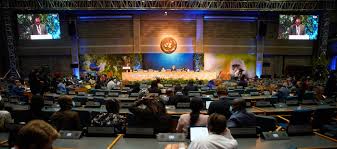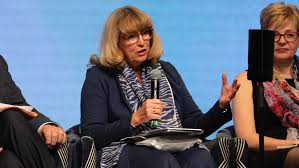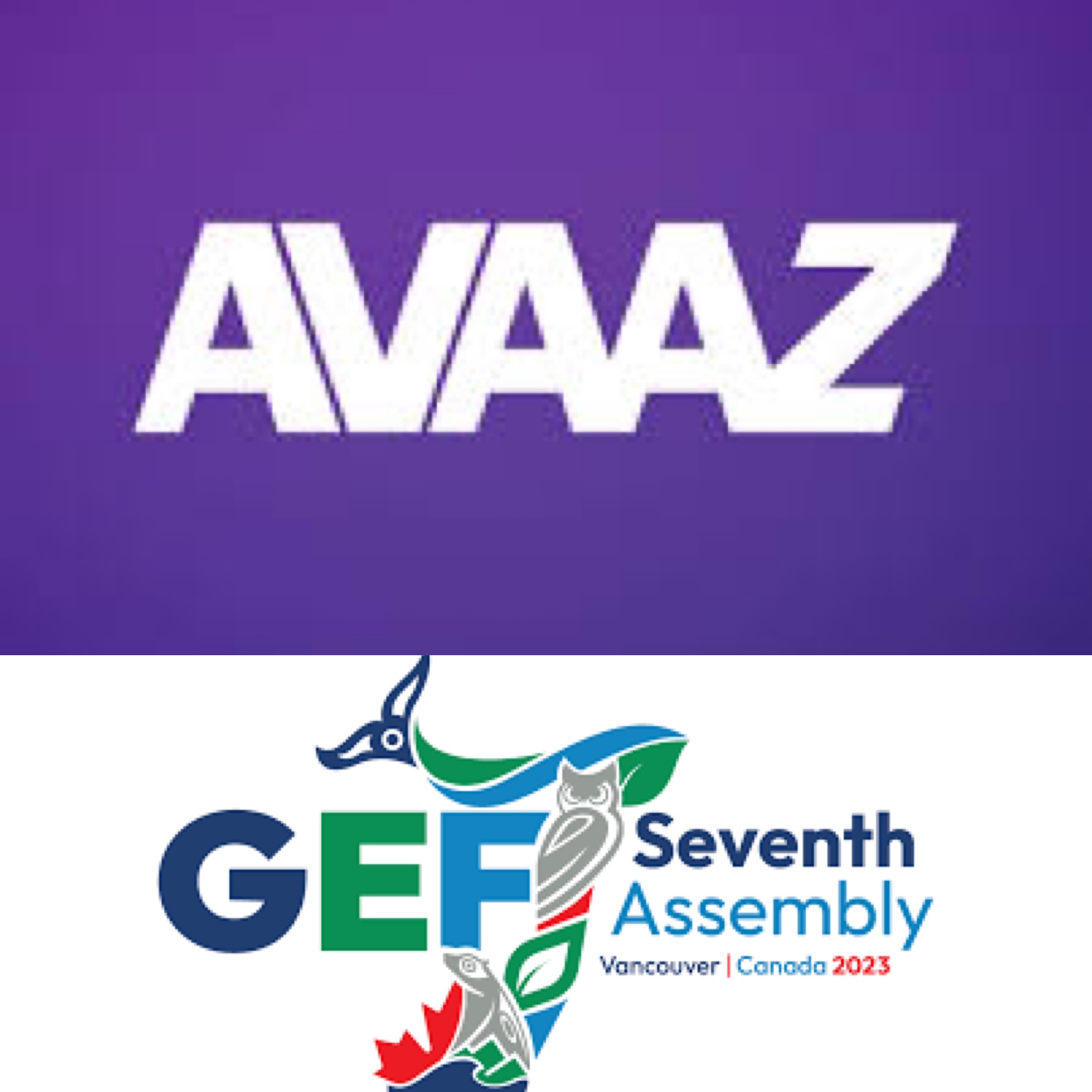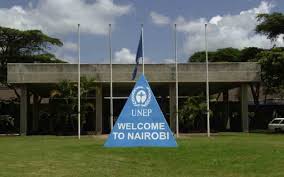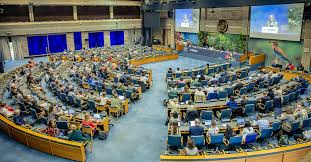Global Environmental Facility approves plans for “Game Changing” Biodiversity Fund
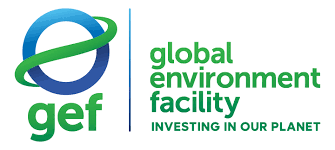
By Samuel Ogunsona
In an historic move, the Global Environmental Facility Council has approved plans to build a “Game Changing” fund to finance the implementation of the Kunming -Montreal Global Biodiversity Framework expected to put nature on a recovery path at the end of 2030.
The decision was made by the governing body in Brazil during the council meeting which is set to be launched at the Seventh GEF Assembly in Vancouver later in August 2023.
GEF CEO, Carlos Manuel Rodríguez, The creation of this biodiversity fund is a game-changer for countries’ ability to protect, restore, and ensure the sustainable use of nature”.
However, this rapid development is seen just six months after the historic agreement for biodiversity was reached in Montreal, December 2022.
To implement the agreement, countries will need to translate the plan into national targets and strategies, integrate biodiversity across their decision-making, and take concrete action to deliver results. This requires financing for budget-stressed developing countries, many of which are some of the most highly biodiverse in the world.
That direct support will be provided through the new fund, which will be set up to draw in capital from governments, the private sector, and philanthropic organizations.
David Cooper, Acting Executive Secretary of the Convention on Biological Diversity, described the GEF Council support as “a landmark event” that will breathe life into the Kunming-Montreal Global Biodiversity Framework and its transformative goals.
“Achieving the goals and targets of the Framework is hugely ambitious. But it is also necessary. It’s necessary to maintain the web of life on planet Earth. It’s also an essential part of climate action. And it’s a fundamental prerequisite to achieving the 2030 Agenda for Sustainable Development,” Cooper said. “The new fund will provide an opportunity to receive funding from all sources and to quickly disburse them through streamlined procedures, and with enhanced access for Indigenous Peoples and local communities.”

